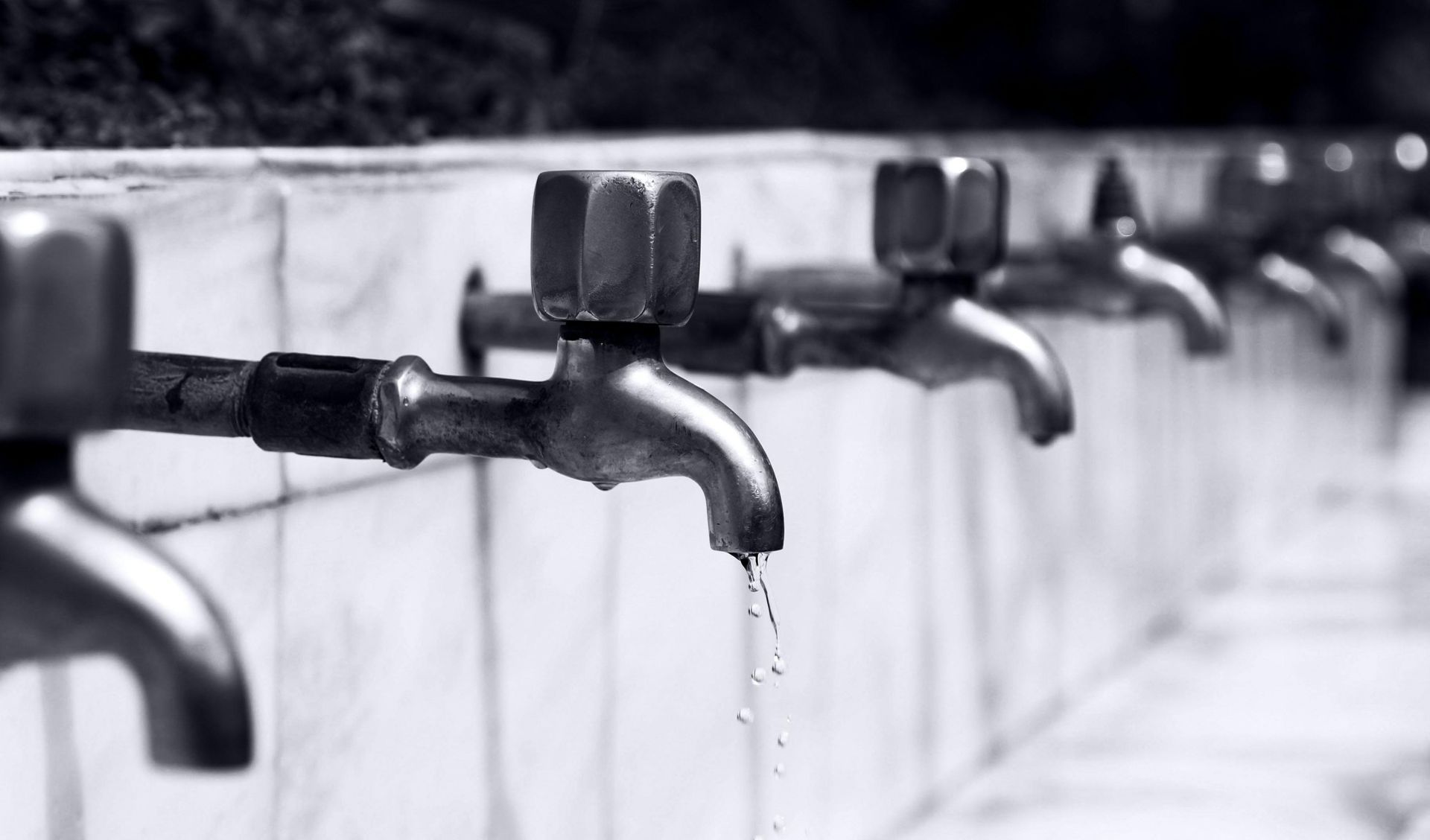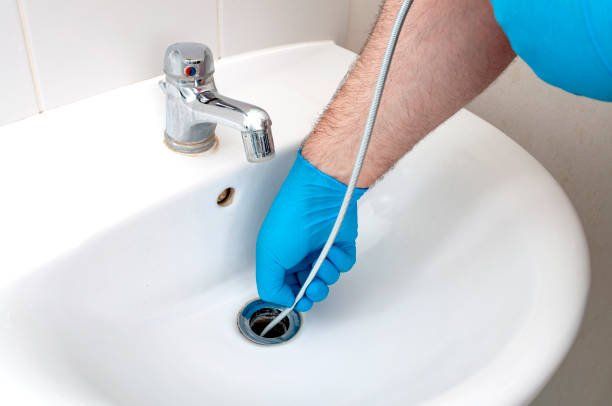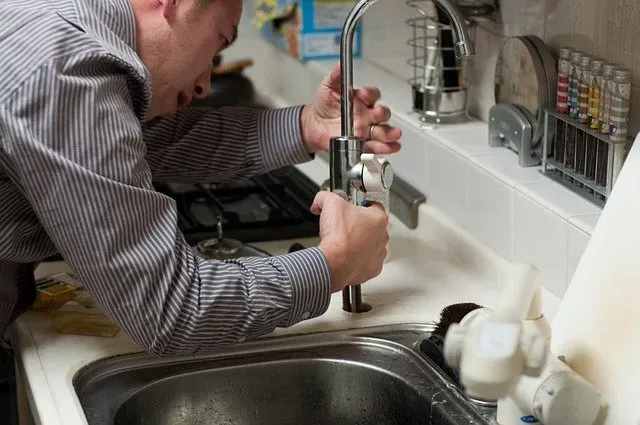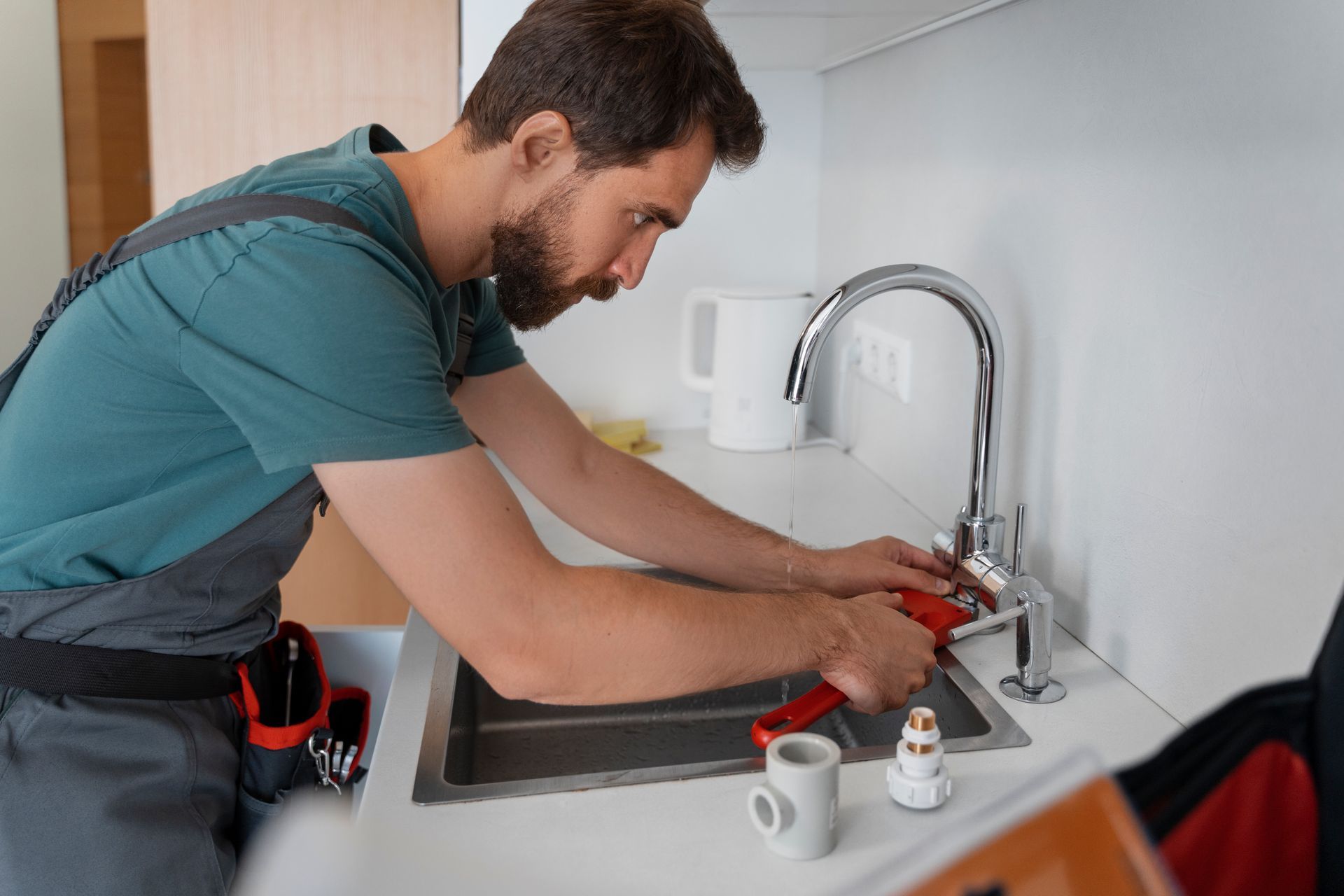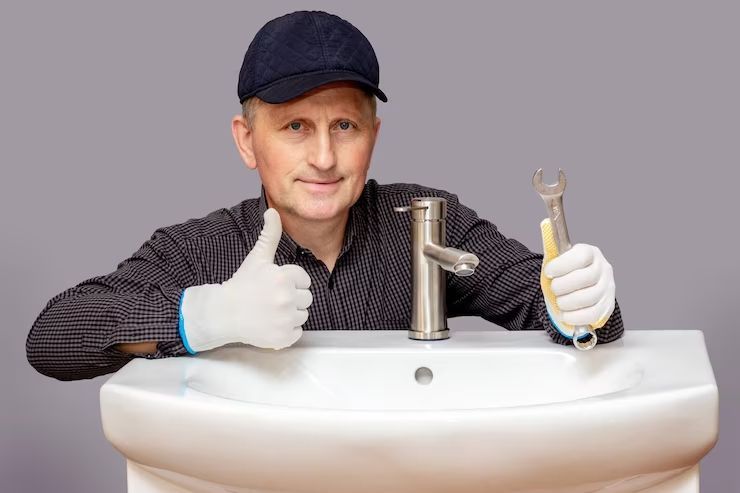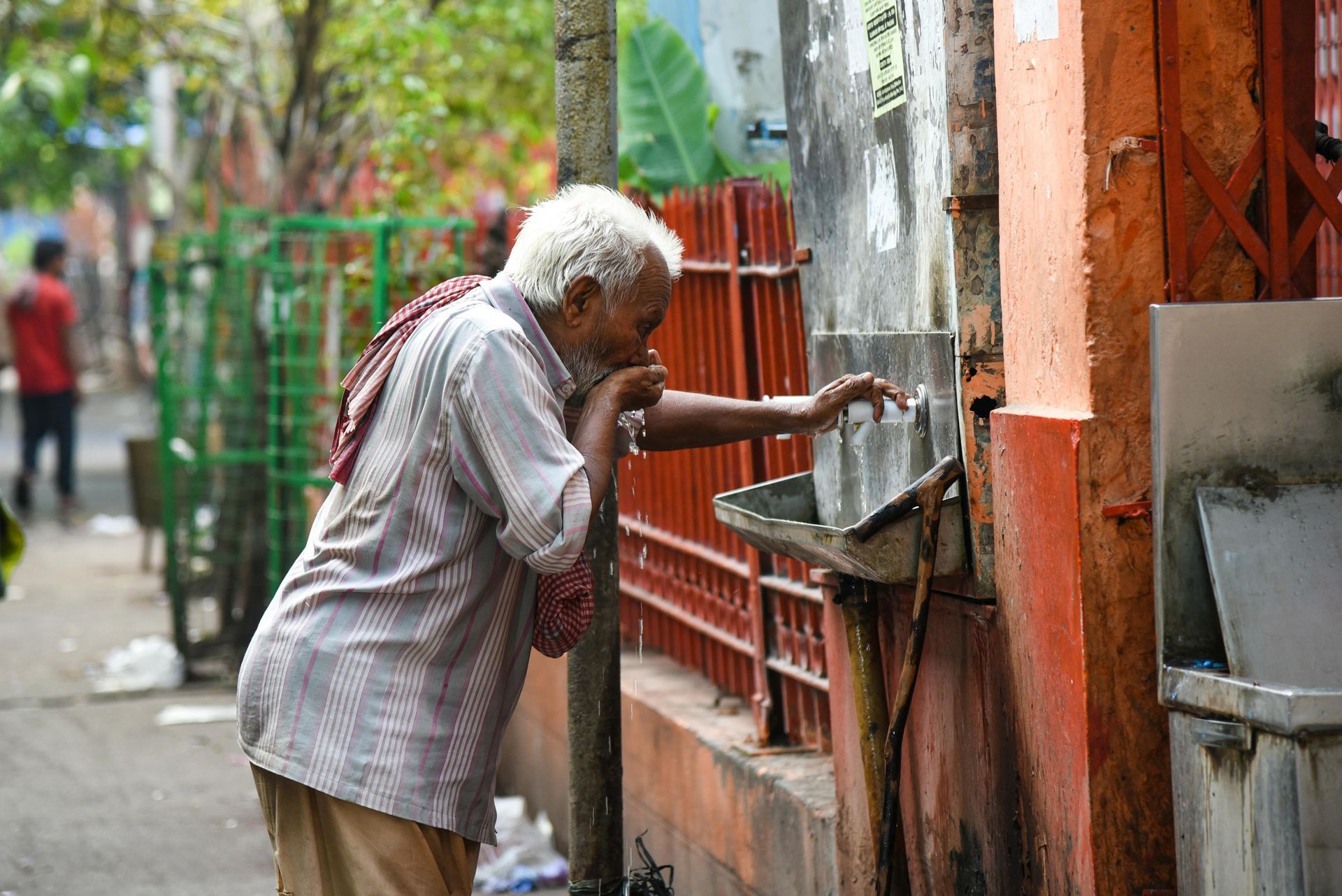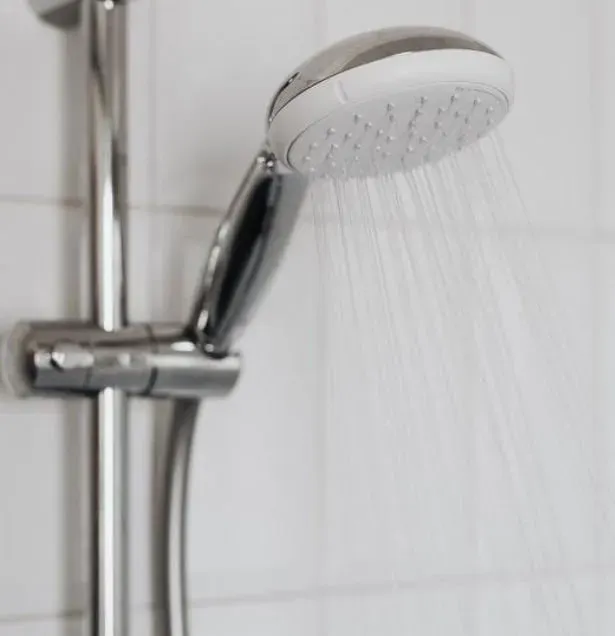How To Completely Clear A Clogged Outdoor Drain?
Outdoor drains play a vital role in managing rainwater, preventing flooding, and protecting your property’s foundation. When these drains become clogged, water can pool around your home, causing damage to landscaping, erosion, and even structural issues. Clearing a clogged outdoor drain effectively requires a thorough understanding of the drainage system, the causes of blockages, and the right techniques and tools to restore proper flow. This detailed guide will walk you through the entire process of diagnosing and completely clearing a clogged outdoor drain. Additionally, we will touch on related plumbing topics such as how to install a new toilet seat and the importance of professional drain clearing services. For complex or persistent issues, trusted experts like All City Plumbers are available to provide reliable, expert assistance.
Understanding the Importance of Outdoor Drain Maintenance
Outdoor drainage systems are designed to channel rainwater and runoff away from your property, protecting your home’s foundation, basement, and landscaping. When these drains become clogged, water can back up and create puddles, damage plants, erode soil, or seep into your home’s foundation. Ignoring a clogged outdoor drain can lead to costly repairs, mold growth, and even foundation instability.
Regular inspection and maintenance of outdoor drains are essential to prevent blockages. Leaves, dirt, debris, and even small animals can obstruct the flow of water. Seasonal changes, especially in autumn when leaves fall heavily, increase the risk of clogs. Understanding the layout of your drainage system—including gutters, downspouts, catch basins, and underground pipes—helps you identify potential problem areas.
Diagnosing the Cause of the Clog
Before attempting to clear a clogged outdoor drain, it is crucial to diagnose the cause accurately. Start by inspecting the drain opening for visible debris such as leaves, twigs, or sediment buildup. Use a flashlight and a sturdy stick or gloved hand to remove surface debris. If water is pooling near the drain or flowing slowly, the blockage may be deeper within the pipe system.
In some cases, the clog could be caused by invasive tree roots penetrating underground pipes, collapsed or broken pipe sections, or accumulated sediment and grease. Understanding whether the blockage is near the surface or deep underground will guide your clearing method.
Tools and Materials Needed for Effective Drain Clearing
Successfully clearing a clogged outdoor drain requires the right tools and materials. Basic equipment includes a garden hose with a high-pressure nozzle to flush debris, a plumber’s snake or drain auger for breaking up blockages, and protective gloves and goggles for safety. For stubborn clogs, a high-pressure water jetter or hydro jet may be necessary to scour the inside of pipes thoroughly.
In some situations, removing and cleaning the drain grate or catch basin cover can facilitate access. It’s also helpful to have a bucket and towels on hand to manage water overflow during the clearing process.
Step-by-Step Process to Completely Clear a Clogged Outdoor Drain
Begin by removing the drain grate or cover carefully to expose the drain opening. Clear away any visible debris such as leaves or mud from the surface. Next, use a garden hose with a high-pressure nozzle to flush water into the drain. This initial flushing can often dislodge loose debris and sediment near the surface.
If water still drains slowly or backs up, insert a plumber’s snake or drain auger into the drain pipe. Slowly feed the auger into the pipe while turning the handle to break up or retrieve the clog. Be cautious to avoid damaging the pipe walls. After breaking up the blockage, flush the drain again with water to clear away loosened debris.
For more stubborn or deep-seated clogs, professional-grade hydro jetting equipment can be used. This method uses high-pressure water streams to clean the interior of pipes thoroughly, removing roots, grease, and mineral deposits. Hydro jetting is highly effective for restoring full flow and preventing future clogs.
Additional Plumbing Considerations and Maintenance Tips
While clearing outdoor drains, it’s important to consider the overall health of your home’s plumbing system. Tasks such as replacing worn components—like when you install a new toilet seat indoors—reflect the importance of maintaining all plumbing fixtures to prevent leaks and blockages. Similarly, regular drain clearing of your indoor and outdoor systems helps avoid backups and costly repairs.
Routine maintenance includes cleaning gutters and downspouts to prevent debris from entering the drainage system, trimming tree roots near pipes, and inspecting underground pipes for damage. Using drain guards or screens can also reduce the amount of debris entering your outdoor drains.
When to Call All City Plumbers for Professional Help
While many homeowners can handle minor outdoor drain clogs, some situations require professional expertise. If you encounter persistent blockages, signs of pipe damage, or suspect root intrusion, contacting licensed plumbers is advisable. All City Plumbers provide comprehensive drain clearing services, including advanced inspections using cameras, hydro jetting, and pipe repair or replacement.
Professional intervention ensures that the problem is fully resolved and helps protect your property from future drainage issues. In emergencies, such as severe flooding or sudden pipe bursts, emergency services should be contacted immediately to mitigate damage.
Conclusion
Completely clearing a clogged outdoor drain is essential for protecting your home and property from water damage and maintaining a healthy plumbing system. By understanding the causes of clogs, using the right tools and techniques, and performing regular maintenance, you can keep your outdoor drainage system functioning optimally. Complementing outdoor drain care with indoor plumbing upkeep—such as drain clearing and timely fixture replacements like installing a new toilet seat—ensures a well-maintained home plumbing system. For complex or persistent issues, trusted professionals like All City Plumbers offer expert solutions to keep your drains clear and your home safe. Taking proactive steps today prevents costly repairs and preserves the value and comfort of your property.

